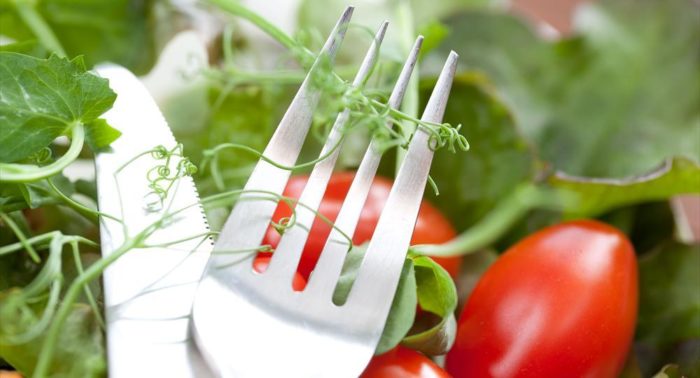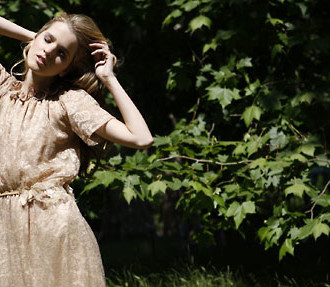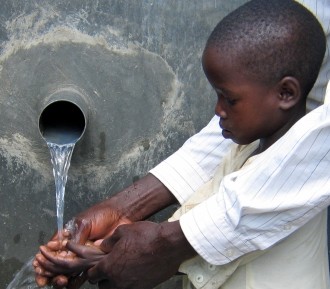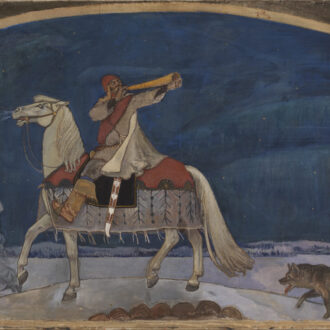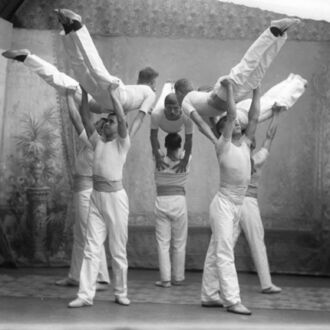Finnish entrepreneurs are seeking to solve social and environmental problems with business by increasing work standards, promoting healthy eating and offering skills and support for the disabled. A special logo, the Finnish Social Enterprise Mark, helps these businesses stand out and grow.
The Finns want to make the world a better place, and that need is growing. Social entrepreneurs – businesses with a cause – have boomed in Finland since 2010, when there were only 150 of them.
“Now, there are thousands,” says Saila Tykkyläinen, development manager at the Association of Finnish Work in Helsinki.
Tracking down social entrepreneurs isn’t always easy. That’s why the association invented the Finnish Social Enterprise Mark, a symbol of certified social entrepreneurs. The blue-and-white logo carries prestige and isn’t easy to attain.
Of all the social entrepreneurs in Finland, only several dozen businesses possess social enterprise certification. During 2014, the association hopes to certify 50 more, bringing the total close to 100.
Making your mark
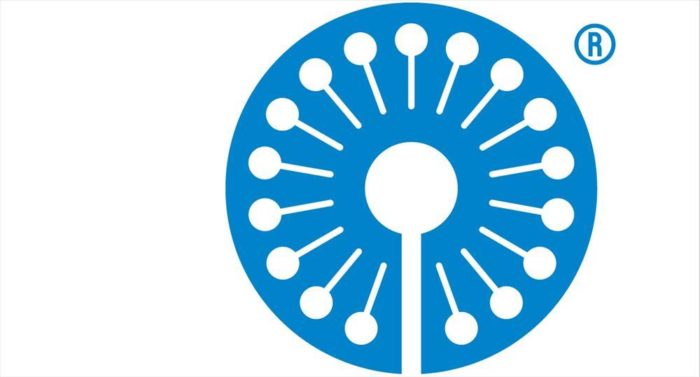
The Finnish Social Enterprise Mark, a symbol of certified social entrepreneurs, makes these companies easier to find.Logo: Association of Finnish Work
Social entrepreneurs get the mark of certification if they promote well-being, limit their distribution profits and offer transparency of their business operations.
The Finnish Social Enterprise Mark committee meets four to six times per year. They ask each company for a written statement of social and business goals, seeking social entrepreneurs who develop the local economy, minimise environmental and health hazards, and prioritise vulnerable groups.
The association awarded the first certifications in spring 2012. Each social entrepreneur pays a 0.01 percent membership fee tied to the turnover of their company. In turn, they may use the logo on their website. They also receive marketing perks, training seminars and touring events that showcase and promote their businesses.
“The term ‘social enterprise’ itself isn’t well known yet,” says Tykkyläinen. “That’s the first challenge we have to tackle.”
Three companies with the Finnish Social Enterprise Mark
Mifuko: Demand outstrips supply
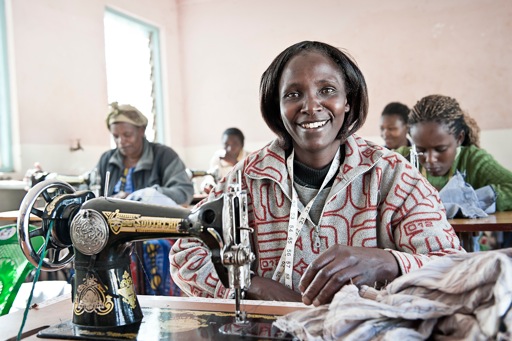
Mifuko ensures that the people in its workshops receive a regular income and good working conditions.Photo: Mifuko
Design company and online shop Mifuko, founded in 2009 by Helsinki-based designers Minna Impiö and Mari Martikainen, produces bags, baskets, jewellery and shoes from recycled material in Kenya.
Impiö, Martikainen and four other Finnish designers bridge the gap between Helsinki and Nairobi by designing African-inspired ecofriendly items that are made in Kenyan artist workshops. Mifuko ensures that the artists receive a regular income and good working conditions.
“Not only is Mifuko engaged in social entrepreneurship, but our subcontractors also are,” says Impiö. “That’s the idea. Many are employing street kids, single mothers or disadvantaged people.”
One example is their Kiondo baskets, made in the rural area of Machakos. Women’s groups organise the workshops there, and the wages go to feed, educate and buy medicine for their families. They always need backup work when weak harvests or drought hit. Demand for Mifuko’s baskets outstrips the supply from Kenya, so there’s always enough work.
Kanresta: Dividends go to a good cause
Restaurant and catering service Kanresta aims to make it easier for Finns to eat a healthier diet. The company takes an ethical approach, minimising its carbon footprint by using local ingredients and organic food as much as possible. The dividends go to Kanresta’s owner, the Finnish Association for Public Health, whose members include the Foundation for Pediatric Research, the Finnish Heart Association, the Central Union for the Welfare of the Aged and the Finnish Association for Mental Health.
Carrying the Finnish Social Enterprise Mark has helped businesses like Kanresta gain exposure and employment. “When an institution – for example Finlandia Hall in Helsinki – is choosing a new restaurant operator, the mark helps us,” says CEO Antti Rosenberg. “Our future goals are to increase our business moderately and make the mark known in the restaurant world.”
Sotek: Work and participation
Based in the cities of Kotka and Hamina, Sotek is a foundation that provides training, subsidised work, coaching and support for people with mental disabilities. It also assists in finding work for people who have challenges related to long-term unemployment or substance addiction, and for immigrants and young people who have yet to acquire vocational training.
Established in 2004, Sotek has about 60 employees and a turnover of 4.7 million euros. They aim to offer people the confidence to work and participate in society. They help roughly 800 people a year find work in one of their ten locations in the Kotka-Hamina region, in jobs that include sorting second-hand clothes, delivery services, cleaning and handicraft work.
By Nadja Sayej, February 2014
